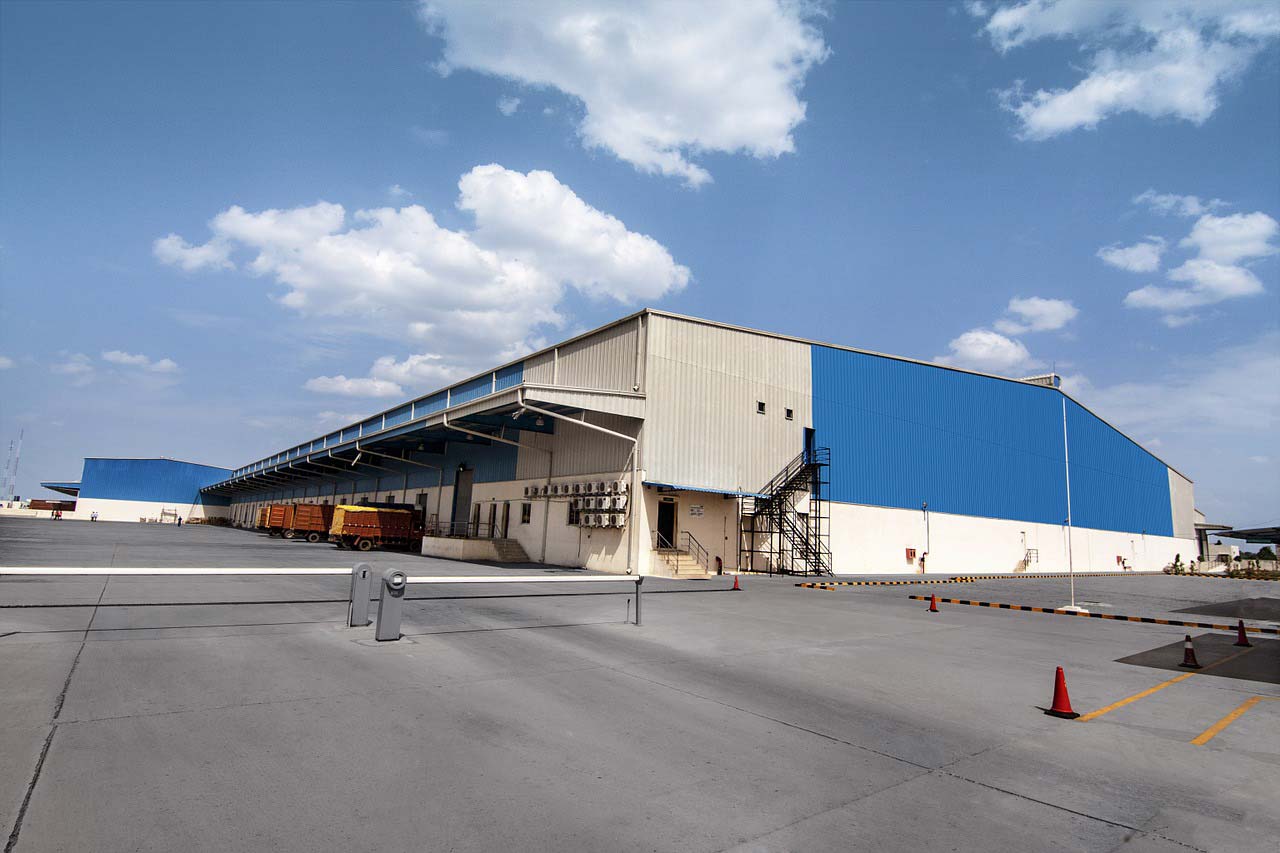Pointed out reduction of cost burden through tax incentives in Vietnam
In Vietnam, the right non-profit corporation, Oxfam International, noted the need to reduce tax benefits of more than $2 billion annually. He pointed out that the current incentive cost of about $2.15 billion per year is a preferential treatment for companies, which is a public burden.
Vietnam will pay about 1% of GDP due to tax incentives
Oxfam International, which has continued support and activities to eradicate poverty and injustice in more than 90 countries, points out that Vietnam needs to reduce tax incentives. Tax incentives pointed out that Vietnam equates to around 1% of annual GDP, which means that it can build 25 hospitals with more than 1,000 beds. Oxfam has the following views:
"If tax revenues from large companies decline, we need to either increase the value-added tax (VAT) burden on the public or reduce public services related to health and education. Oxfam said Vietnam will grow domestically and become more competitive. Tax incentives can be reduced without compromising
Flow of competing for tax incentives
Oxfam's view is as follows.
Corporate tax rates, incentives for import duties are seen as a way to attract foreign investment. However, currently, the Southeast Asian Nations (ASEAN) continues to compete for corporate tax rates.
“In ASEAN, companies have benefited from low tax rates over the last decade. In such a business environment, while wealthy people and large companies are increasingly profitable, the public services essential to the general public are essential. Has not been fully invested."
Vietnam has improved GDP without tax incentives
Vietnam Economic Policy Institute has the following views:
"If the incentives did not exist in the last 10-20 years, did the company continue to invest in Vietnam? Was it able to achieve its economic goals?"
The Vietnam Economic Policy Institute has shown that preferential treatment is attracting foreign investment, contributing to the achievement of growth targets and reducing unemployment for Vietnam as a whole.


